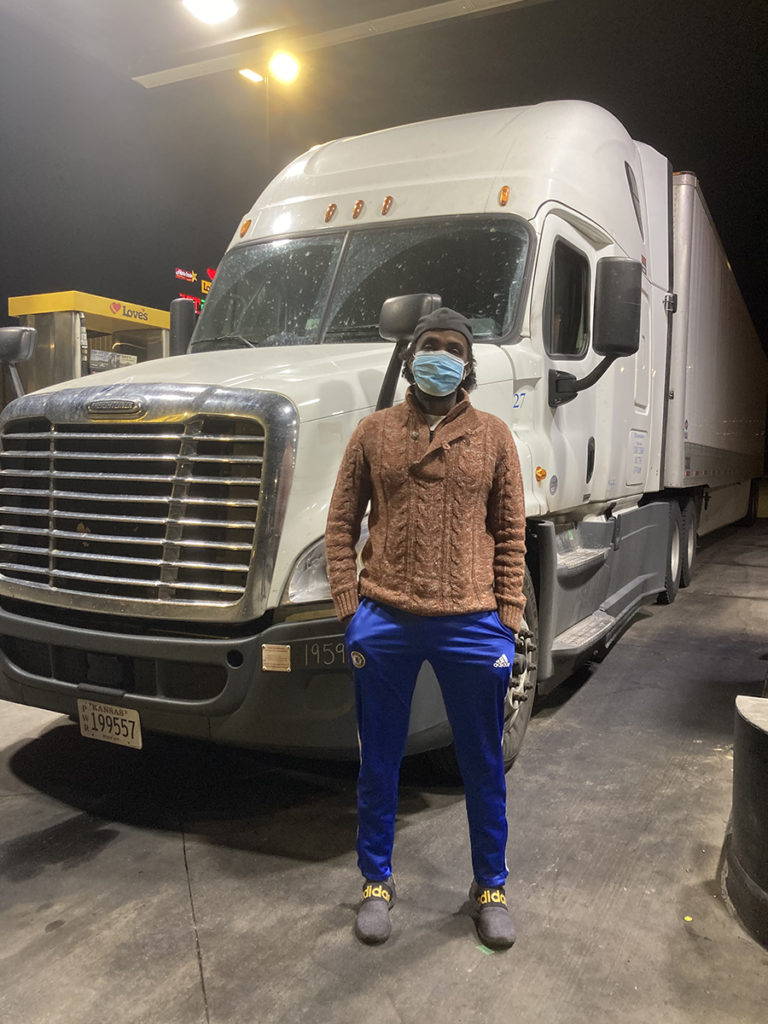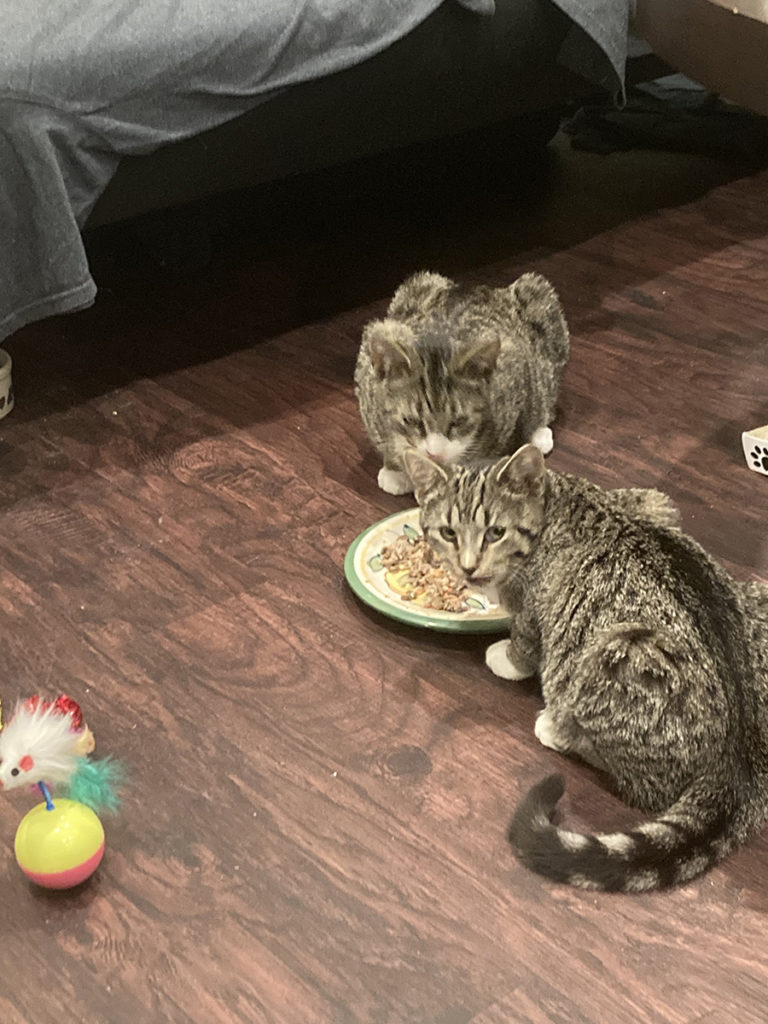This isn’t directly related to Heartland Alliance programs but it’s connected to the subject matter I’ve been engaging with for my Fellowship and one of my past projects so I thought I’d write about it as it’s been on my mind and a rare bright spot for me weekly this year.
When I was living in China and then later when I was visiting for my Abelson Fellowship work I would spend lots of time at Chungking Mansions in Hong Kong. Specifically with a group made up of asylum seekers who would gather for a weekly unofficial “Anthropology Class” with Professor Gordon Matthews from Hong Kong University. Professor Matthews who’s become the seemingly foremost expert on Chungking Mansions and all things asylum seeker in the region would meet every Saturday afternoon with about a dozen asylum seekers and put on this class at Chungking Mansions for the asylum seeking community who wished to come and have occasional guests from different walks of life. I met a now good friend in that class who’s a poet from near Berkeley who was there working on poetry within the community for example. Lots of graduate students from HKU would come be a part of this class as well. It had been a long time since I’d sat in on a class as I hadn’t been in Hong Kong in some time but sometime back around May one of my friends from my project there let me know that the classes were now online via zoom due to the
pandemic.
I started attending almost every Friday night from 11pm-1am to engage in conversation and catch up with friends. The crowd has changed a bit since when I was last in Hong Kong. Lots of familiar faces aren’t there as they apparently don’t like doing the classes online. Some I suspect used to come mainly for the free lunch that Gordon would pay for with HKU appropriated funds after every class. Some of the new faces to me are actually people who had come and went through this community long before I was ever a part of it. One guy named Farhan was resettled in the United States before Donald Trump became president and has since become a very successful truck driver here in the Midwest. Another is in Malaysia where he had somehow gotten a visa to live and work
there. Many are still in Hong Kong but the class has remained a constant regardless of who comes and who doesn’t. Recently one night after class ended Farhan messaged me to let me know he was going to be driving through Chicago in 30 minutes time so we hastily planned a meeting at a truck stop. I’d never met Farhan in person before that but I found myself at 2 in the morning feeling I had to drive outside the city to meet him if only for a short time.
As it turns out Farhan has been in the US for about 4 years now and in that time has worked so incredibly hard its mind boggling to think about. He started by driving a truck for other companies and saved up enough money to buy his own truck. To save money he doesn’t have a house or apartment to go back to, he’s instead chosen to just live in his truck and drive almost every single day to save as much money as he can so that he can send it back to his wife (and I think children as well) in Somalia whom he hasn’t seen in at least 4 years and probably longer since he was an asylum seeker in Hong Kong. Its both inspiring and heartbreaking to hear what lengths he goes to so that he can be “successful”. By purely monetary standards he’s been incredibly successful in the US. He’s put more money in the bank than I’ve probably seen in my lifetime. He’s making close to $100,000 a year with all the extra driving he’s doing but he’s had to sacrifice personally on extraordinary levels.
When I spend time with this group of people it give me such hope to hear stories from Farhan who came to the US, Sharmake who made it to the UK, Ali who’s in Malaysia, Dixon who’s headed to Indonesia, Innocent who works for Goldman Sachs and others find their way out of the limbo of being an asylum seeker in Hong Kong. While I’ve been in the US for the last several years and most recently working on this Fellowship and seen the incredible hardship that people are going through it’s been really hard to see and envision positive outcomes for asylum seekers. It’s all so doom and gloom all the time. The US policies, the pandemic, anti immigrant sentiment. It’s all a lot to be thinking about without seeing people succeeding. The refugees at RICS, who were just about to finish their hospitality training program and then a pandemic struck that killed the airline industry and the hotel industry which were the main job training opportunities at RICS Ravenswood. The new arrival refugees who are no longer coming due to Covid related restrictions. The children who are also not coming to the US through the UC shelters. It’s all just endless stories of no one succeeding or overcoming any of this. The longer this goes on the more I feel like the US is especially heartless, bureaucratic and uncaring. Europe too seems to follow this trend. It’s definitely wearing on me to some degree. The more I think about it, I’m realizing that what changed most for me in the fellowship due to the pandemic was not only my ability to meet with people in person but to engage with people who were experiencing positive change at all.
The immigrant community in the English classes were just so wonderful to be around. To see the hard work they would put in to learn English, to hear about one of them getting a new job was really motivating for me. To see a large group of people all dressed up in their suits and professional clothing going to the Peninsula hotel about to make the jump into new careers was really incredible. Even seeing the kids at the UC shelters who were going through a lot, there was still some level of accomplishment and movement along a journey for them. My past work about immigrant small businesses or this community in Hong Kong overall had a positive and hopeful feeling to them for me as well. I don’t think I realized how important that has been for me in my process. I’m thinking about the notes from the children at the UC shelters more and more now
as well.
Ultimately I’m writing about this group and my interactions with them because it in fact does give me hope. Maybe not that things are going to change much here in the US but that somewhere in the world someone has found a way through this mess and made a life for themselves…. In the meantime I’ve secretly helped my wife adopt two homeless alley kittens from behind our house to bring some joy around here. The landlord wouldn’t have approved and we may have to move if she finds out but it’s felt like a necessity this year.


